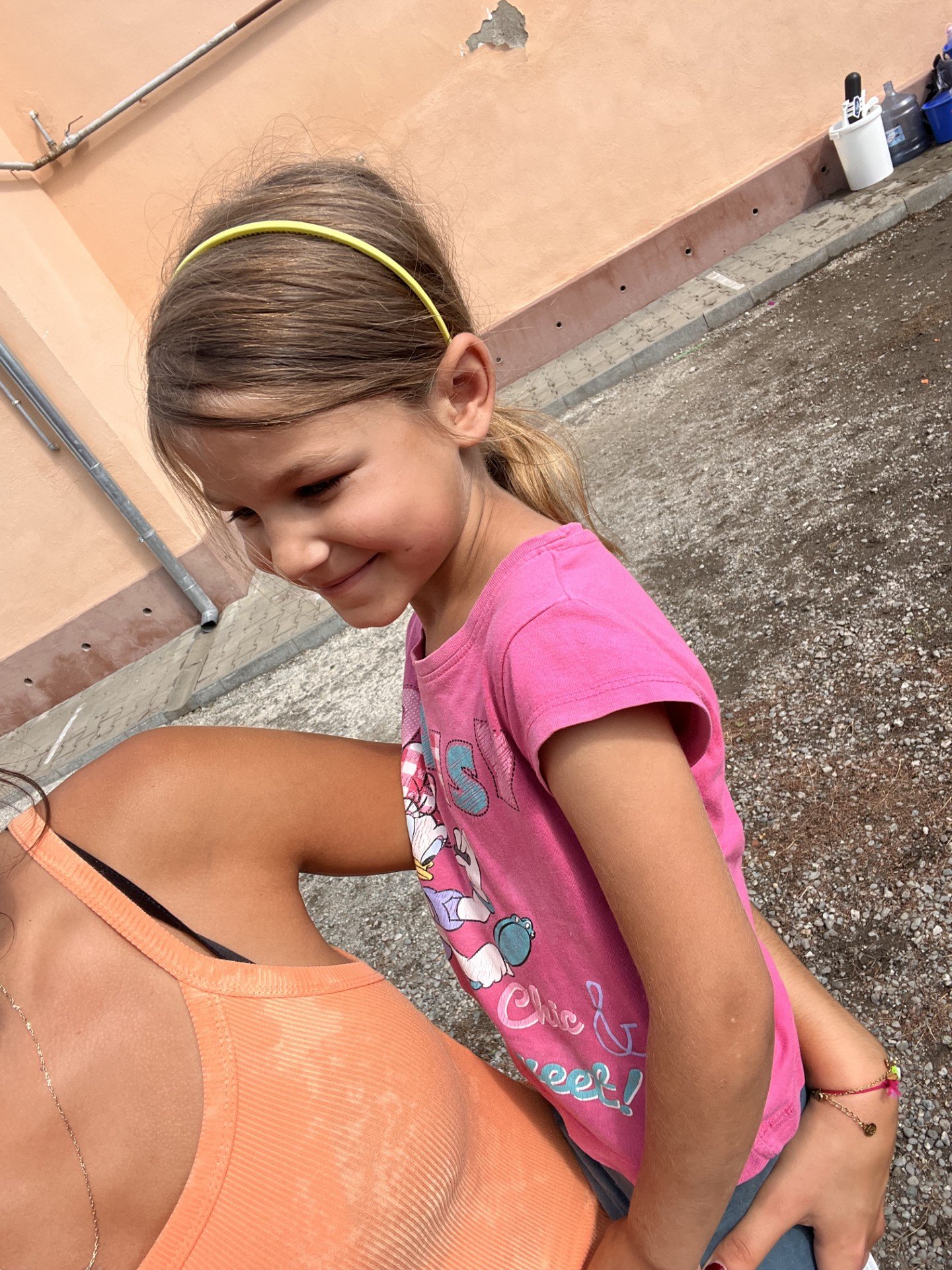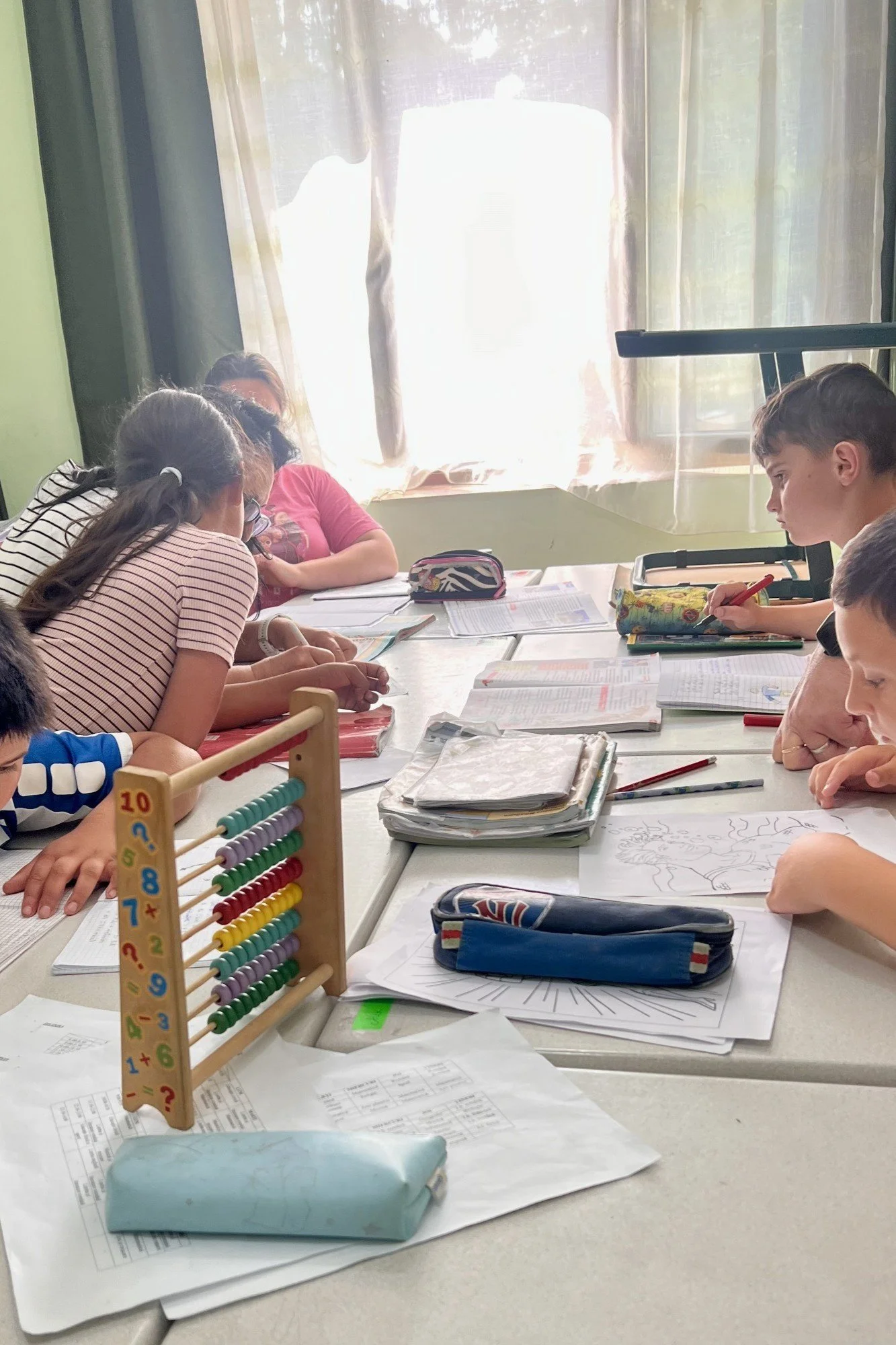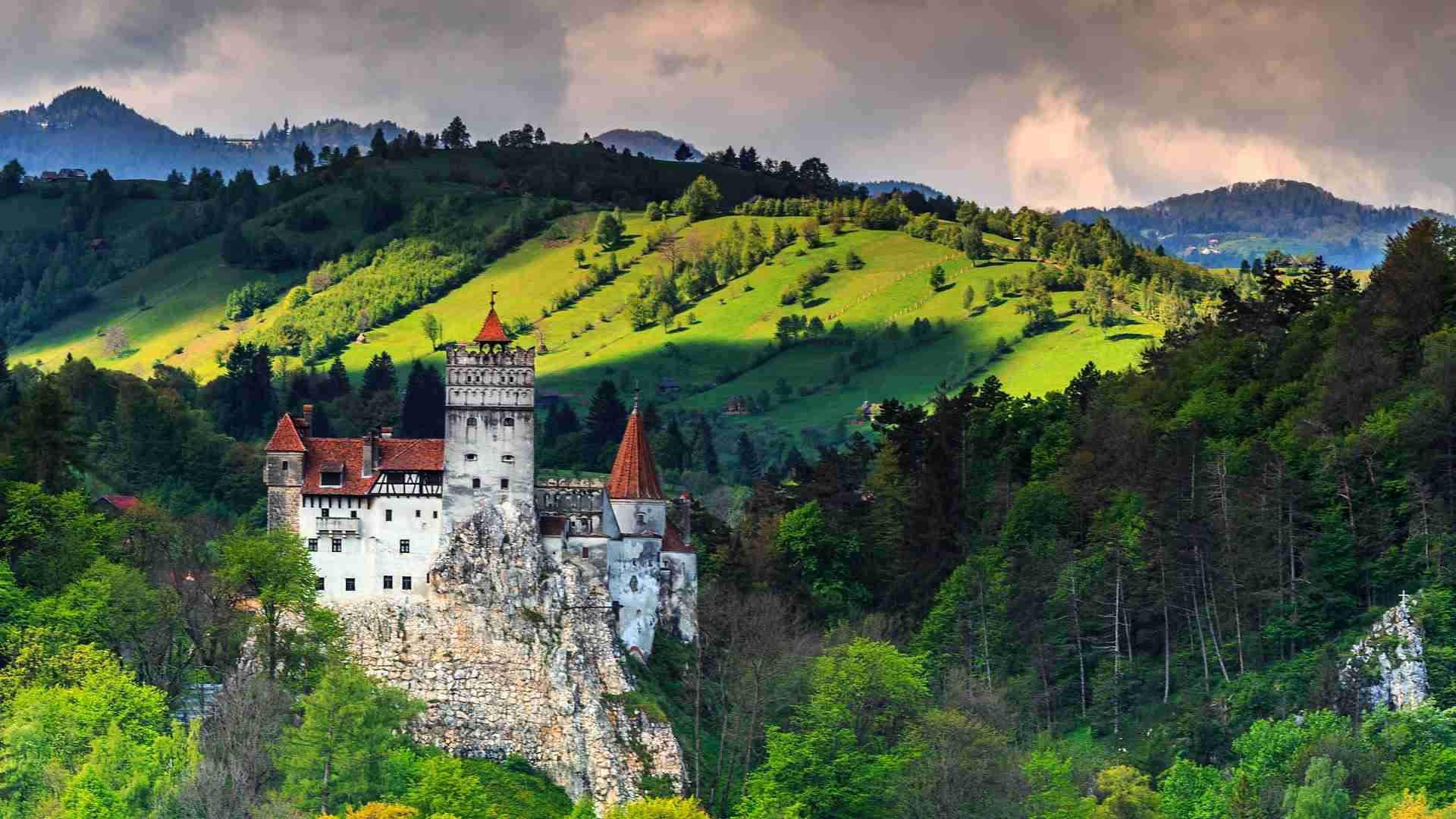
Empowering children through education in Romania, transforming lives and changing stigmatized narratives in their communities
Our organization is deeply committed to making a tangible difference in the lives of children in Romania. We dedicate volunteer trips to visiting low-income schools, where we work side-by-side with students in their classrooms. This hands-on approach allows us to truly connect with the children and understand the unique challenges they face in their education. We also visit orphanages, where the need for educational support is even more critical. Witnessing the resilience and potential of these children, despite their circumstances, fuels our passion to provide them with the resources and encouragement they deserve.
Change the Narrative.
-

Poverty
Poverty is the primary barrier to education for Roma children.
Many Roma families cannot afford basic educational materials.
Illiterate parents are unable to assist their children with schoolwork.
Financial pressures often force children to work at a young age or stay home to care for siblings.
-

Remedial Schools
Roma children are often placed in "remedial schools for children with mental disabilities" despite not having any mental health issues.
In Romania, 246 special schools enrolled 48,237 Roma children.
In Hungary, research indicates that 90% of pupils in special schools are Roma.
These schools, often located in Roma districts, provide a significantly lower standard of education compared to other schools.
-

Community Isolation
Negative stereotypes perpetuated by teachers, non-Roma parents, and educational authorities contribute to the isolation of Roma communities.
Many perceive the Roma as "lazy" and believe their culture negatively impacts education.
This discrimination discourages Romani people from pursuing education.
Consequently, Roma children receive a lower standard of education compared to their non-Roma peers.
-

Early Marriages
Early marriages and births are significant obstacles to education for Roma children.
Studies in Bulgaria and Romania show that in 1994, 40% of Roma married before age 16 and 80% before age 18.
